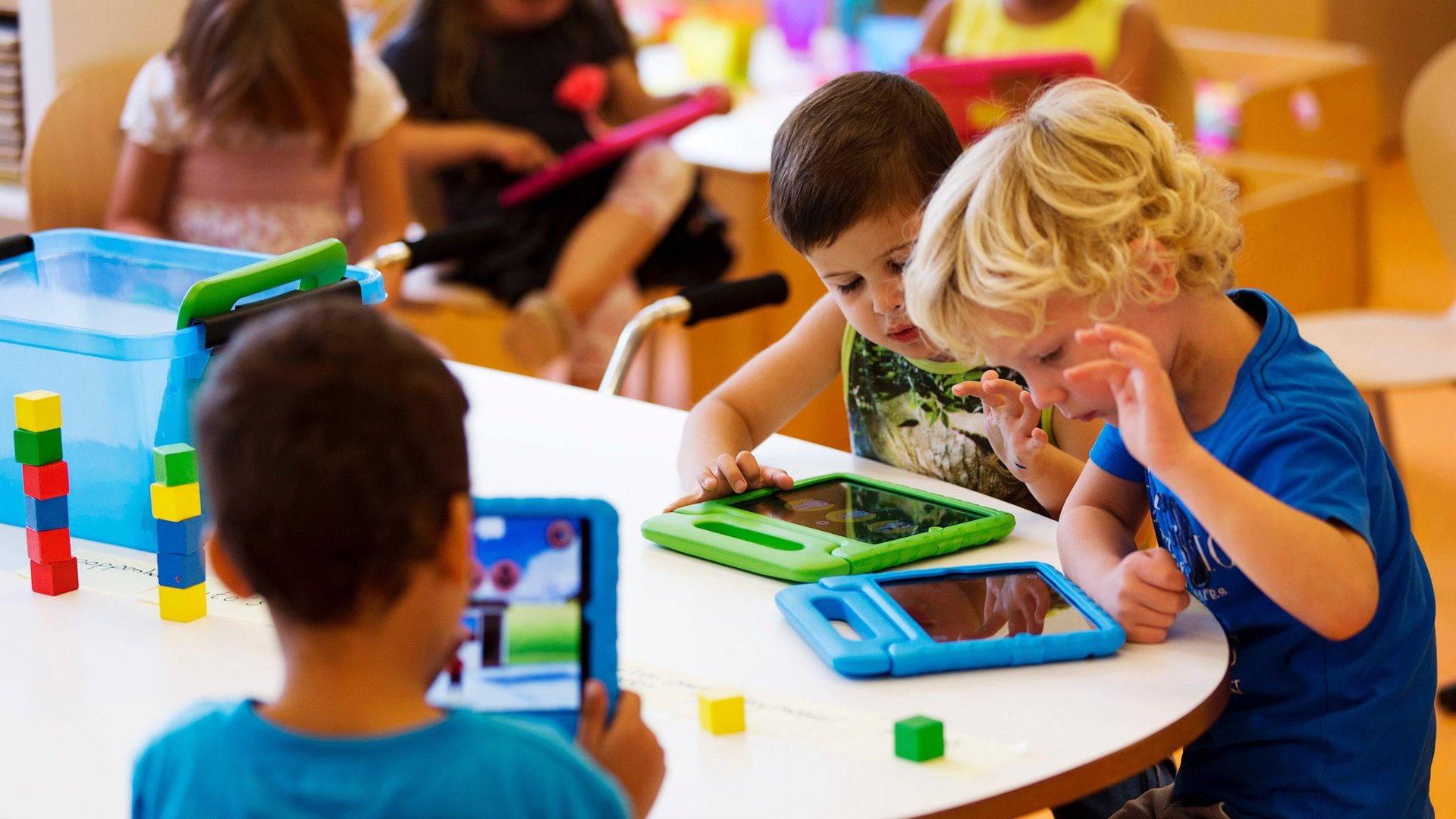iPads are as good as sedatives at calming kids down before operations
While the Apple Watch may be inducing stress for some, the iPad seems to be doing quite the opposite.


While the Apple Watch may be inducing stress for some, the iPad seems to be doing quite the opposite.
Apparently, the tablet can act as a calming force ahead of surgery for children between the ages of four to ten. That’s the finding of new research presented at the World Congress of Anaesthesiologists in Hong Kong, held from Aug. 28 to Sept. 2. Using iPads to distract and lower anxiety levels prior to surgeries requiring general anaesthesia proved as effective as traditional sedatives, French researchers found.
Comparing the effects of the drug midazolam on 54 children, administered orally or rectally, with 58 others who played age-appropriate games on an iPad 20 minutes prior to anaesthesia, the researchers found that both the drug and the tablet equally blunted anxiety. Although the team has not published a full paper about their findings yet, they detailed results in an online poster for the event.
“Mobile interactive tools have been found to be effective to reduce child anxiety at parental separation in the operating theatre,” the press release stated. The anxiety levels of children and their parents were measured by two independent psychologists at various points in the hospital: upon arrival, at separation from parents, during induction of the anaesthesia (parents were excluded for this metric since they were not present for the shot), in the care unit after it was administered as well as 30 minutes after the last dose or 45 minutes after arriving in the care unit.
Moreover, the tablet had an upper hand when it came to administering the numbing agent. Both parents and nurses rated the iPads more highly when evaluating the quality of induction of the anaesthesia. Lead researcher Dominique Chassard of Hospices Civils de Lyon in Bron, France, concluded that the “use of iPads or other tablet devices is a non-pharmacologic tool which can reduce perioperative stress without any sedative effect in paediatric ambulatory surgery.”
A 2006 study previously showed that handheld video games served as an effective cognitive distraction for kids before an operation. The latest findings concur that these affordable, approachable, and portable concepts can comfort children before, during and after surgical procedures, and the effects extend to the child’s caretakers as well. Similarly, a range of apps have been released to help people cope with anxiety, stress, and even depression in daily life, too.